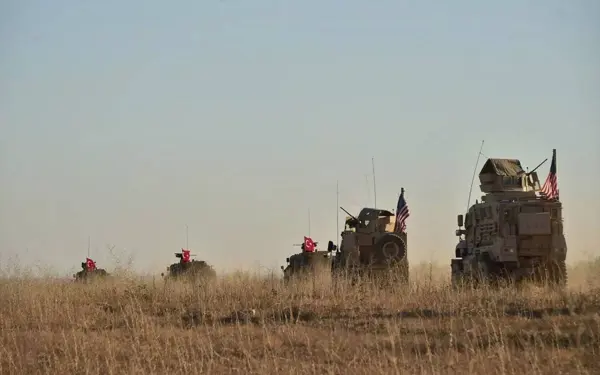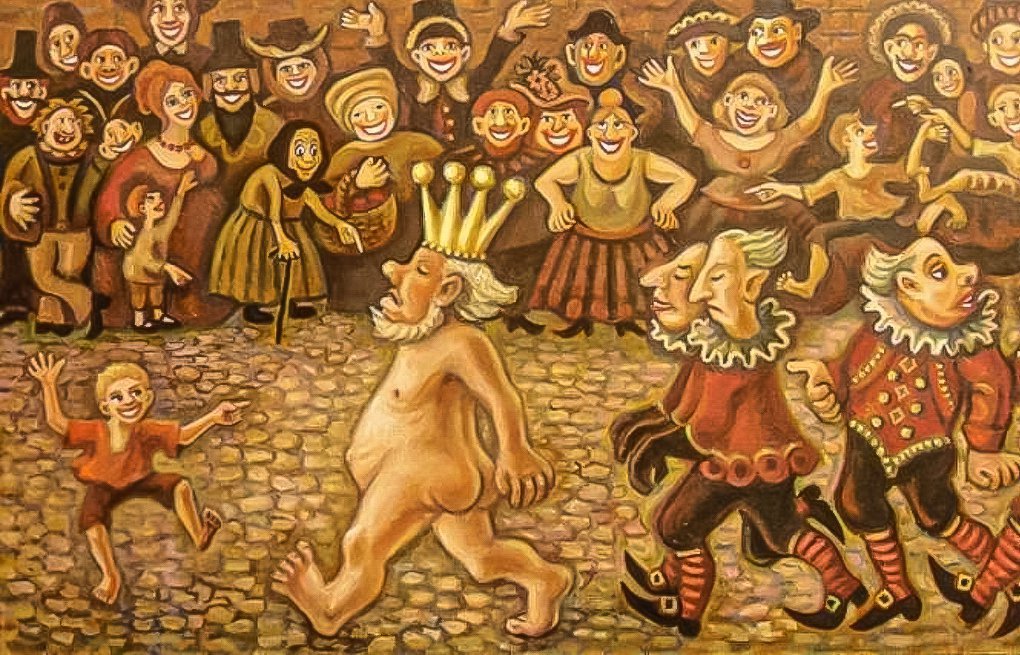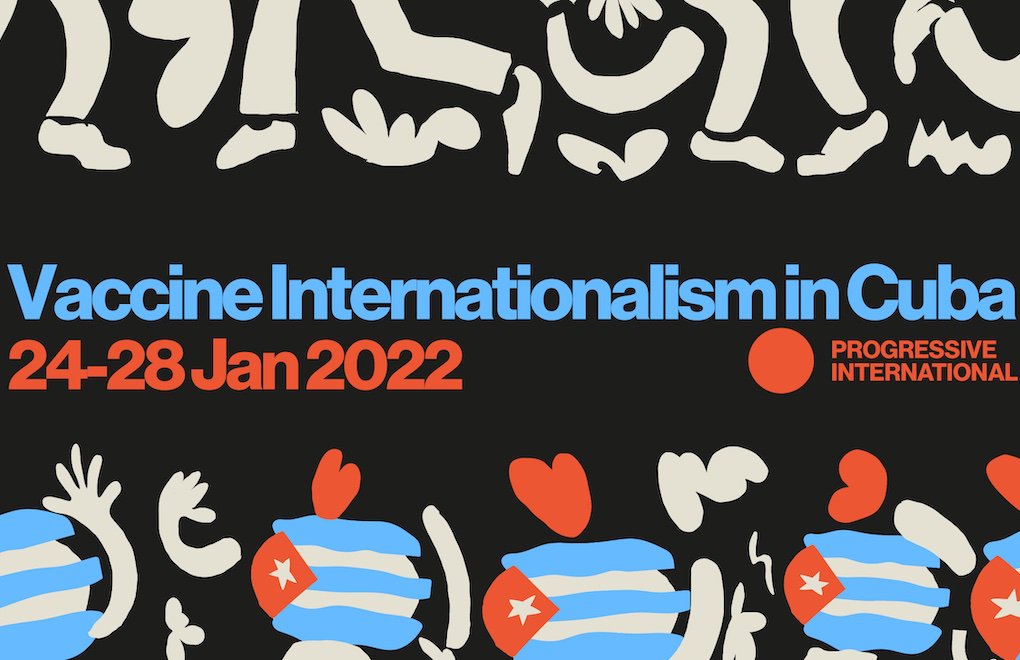''We will not intervene in the hunger strike action,'' Turkish Minister of Justice Hikmet Sami Turk, told journalists Wednesday. ''We have prepared two hospitals in Ankara and Istanbul where we will bring together the strikers for medical aid if they will accept treatment.''
But the prisoners prefer to die rather than give up their protest action or agree to medical aid. So far 13 strikers have died, including two relatives of prisoners who began their own hunger strike in solidarity with their loved ones.
Thirty-eight year old Gulsumen Donmez and 19-year-old university student Canan Kulaksiz died last week at a house in the Istanbul suburb of Kucukarmutlu where four other women are also on hunger strike.
''The prisoners are dying so that they don't have to live in coffins,'' says Selim Acan, a hunger striker who was recently released from Tekirdag, an ''F-Type'' prison. ''These F-types are no different from a coffin for a human being.''
F-Type prisons are specially designed maximum-security facilities, which Human Rights Watch, the global human rights group, calls ''physically and psychologically damaging to prisoners''. The prisons are designed to keep prisoners in isolation.
The turbulent prison strife was triggered late last year when the Ministry of Justice unveiled a plan to transfer political prisoners to the F-Type prisons.
Deeply worried about the government's plan to isolate the prisoners and for their personal security a group of 800 prisoners belonging to the clandestine left wing groups DHKP-C (Revolutionary People's Liberation Party-Front), TKP/M-L (Turkish Communist Party/Marxist-Leninist), and TKİP (Turkish Communist
Workers Party) began their hunger strike on Oct. 29, 2000 in order to stop the transfers.
In spite of mediation efforts by non governmental organisations (NGOs) and intellectuals such as novelists Yasar Kemal and Orhan Pamuk and composer Zulfu Livaneli, Justice Ministry officials walked out of negotiations to end the strike on its 61st day.
On Dec. 19, police troops stormed 48 prisons across Turkey and forcibly transferred 1,005 political prisoners to F-Type prisons that were still under construction. Lasting a week, the operation code named Return to Life, left 31 prisoners and two security force members dead and 426 inmates injured.
The operation, which was aimed at ending the strike, instead triggered further resistance as 1,200 more prisoners joined the protest.
Acan, the 47-year-old editor of the militant weekly 'Ozgurluk Dunyası', was one of those rounded up in the Dec. 19 operation.
''My limbs were broken during the operation in Istanbul. Yet they chained me and others and dumped us in a bus. We were continuously beaten on the way to Tekirdag,'' he recalled. Tekirdag is 150 kms to the west of Istanbul.
''When we arrived our hair was forcibly shaved. When we resisted, they filled our mouths with hair. They forced us to bend over and searched our rectums pushing their fingers in. Any resistance was met with a brutal beating. And finally we were thrown into solitary confinement cells,'' Acan told IPS.
Acan caught typhoid because of the poor hygienic conditions in the prison, but was denied medical care until he signed a petition for treatment. ''Even if you have a heart attack you have to sign a petition,'' he says.
Acan, who had been in prison since 1994 on charges of being affiliated with the clandestine left-wing organisation TIKB (Revolutionary Communist League of Turkey), says the F-Types combine the worst aspects of treatment in the military prisons of the 1971 and 1980 military regimes.
''Solitary confinement or confining the inmates in groups of less then 15 is nothing but isolation and the strikers are mainly against isolation practices. They are dying for that,'' he said.
Acan's wife, Oya, is also imprisoned in an F-Type facility in Istanbul's Kartal district..
The string of deaths have gained the Turkish government unwelcome publicity, with local and global human rights and other international organizations urging it to make concessions to the prisoners.
''The government should take the necessary steps toward reconciliation. The issue should be openly and publicly discussed and prosecutions against opponents should be lifted,'' says Yavuz Önen head of Turkey's Human Rights Foundation (TİHV).
In a memorandum last week, the Washington-based Human Rights Watch (HRW) called
on the Turkish government ''to bring an end to the isolation regime in the new high security prisons''.
''The government should not wait for more prisoners to die before it brings the prisons into compliance with international norms,'' says Holly Cartner, HRW executive director of the Europe and Central Asia Division.
''F-type prisons are physically and psychologically damaging to prisoners and should have never been instituted,'' Cartner said.
Amnesty International (AI) too, in a letter to the Turkish government has urged ''the authorities to end the regime of isolation and to ensure that prisoners be allowed to associate with other prisoners''.
Both HRW and AI also urge an investigation into human rights violations committed during the prisoner transfers and the confinement of the prisoners in the F-Type facilities.
But the government has called the suggestion to make concessions to the prisoners ''unacceptable''.
''They should stop the strike first, and then some improvements might be considered,'' Justice Minister Turk said.
In the meantime Prime Minister Bulent Ecevit has urged relatives of the hunger strikers ''to influence their sons and daughters to stop the strike''. He has also called on NGOs to arbitrate an end to the protest, but, he added, ''the F-Types will remain''.
Some 8,000 out of the 12,800 political prisoners in the Turkish prisons are believed to be supporters of the Kurdish guerrilla Worker Party, the PKK. The rest belong to the radical Islamic group, Hizbollah, and radical leftist Turkish groups such as the DHKP-C, TKP/M-L, and TKEP/L.
Although they comprise 75 percent of Turkey's political prisoners, members of Abdullah Ocalan's PKK have not taken part in the hunger strike.










